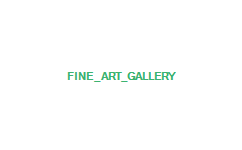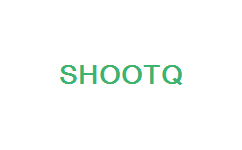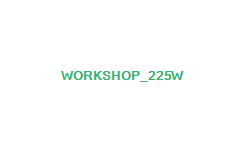Being Legal with the Music Industry
Many photographers ask about how to legally couple popular music with their slideshows on their websites.
We have an "ASCAP Experimental License Agreement for Internet Sites & Services" for music on our website. A "Non-interactive" license costs $288 will allow you to use any piece from their repertoire on your website, so long as you're not selling a product with the song itself, or allowing the user to select which piece of music is played. This covers 365,000 "user sessions" (which cannot be more than one hour in length) in a year. Practically applied, this means that our slideshows may be viewed 1,000 times per day on every day of the year. It doesn't matter how many songs you use, unless the total length of the slideshow is more than one hour. (That would be an epic slideshow!)
I called ASCAP to inquire if our specific use, including music with client slideshows on our website, is covered by the license. They told me that it absolutely was.
If you're TYPE-A like I am and want to be legal right now, check out an ASCAP license.

We have an "ASCAP Experimental License Agreement for Internet Sites & Services" for music on our website. A "Non-interactive" license costs $288 will allow you to use any piece from their repertoire on your website, so long as you're not selling a product with the song itself, or allowing the user to select which piece of music is played. This covers 365,000 "user sessions" (which cannot be more than one hour in length) in a year. Practically applied, this means that our slideshows may be viewed 1,000 times per day on every day of the year. It doesn't matter how many songs you use, unless the total length of the slideshow is more than one hour. (That would be an epic slideshow!)
I called ASCAP to inquire if our specific use, including music with client slideshows on our website, is covered by the license. They told me that it absolutely was.
If you're TYPE-A like I am and want to be legal right now, check out an ASCAP license.




6 Comments:
Andrew,
I am so happy to hear this news! Could you help me a little more with which one? I assume it would be the non interactive agreement?
Thanks so much!
Shawna,
Yes, you want the non-interactive agreement. The interactive agreement is for websites where the user can choose what music they are hearing. (At least that's my understanding.
Andrew
This agreement only covers what is on the web.
From what I gather speaking with ASCAP, this only covers the right to play the music but you must have permission from the record label or the person responsible for the performance of the song used. So I'm being told a license for the performance is a must, as well.
Well, it is now 2008 and two years on from the original post nothing is still clear.
Looking at the ASCAP license it does not appear to actually cover the performance, which is a bit confusing as the marketing material makes it look as though you have a blanket right to play any of the music in their repertoire. I'd be interested to know if the author of this site has any input on this extremely confusing licensing. It is no wonder so many people do this illegally and also worrying that some people think that they may be doing it legally but actually aren't. Anyone have any thoughts?
Just got the following information in an email from ASCAP:
ASCAP (The American Society of Composers, Authors & Publishers) is a
Performing Rights Organization. An ASCAP license provides the right to
perform the original composition or underlying work: The music & lyrics
that comprise a song. ASCAP protects the rights of its members by licensing
and distributing royalties for the public performances of their copyrighted
works. If you wish to publicly perform copyrighted music on your Internet
site, you must obtain permission from the copyright owners or their
licensing representative, such as ASCAP.
The ASCAP license does not provide performance rights for copyrighted sound
recordings of songs.
One song may be recorded many times, and while the rights to that song
always belong to the songwriter & publisher, the rights to each recording
belong to the record label that produces it. Any copyrighted recordings
performed on the internet require sound recording licensing, which can be
obtained from a label directly, or through a statutory license, which you
can find out more about by contacting SoundExchange. SoundExchange is the
licensing subsidiary of the RIAA (Recording Industry Assoc. of America),
the trade group that represents record labels in the U.S. Please visit
www.soundexchange.com for more information on digital sound recording
rights.
Post a Comment
<< Home